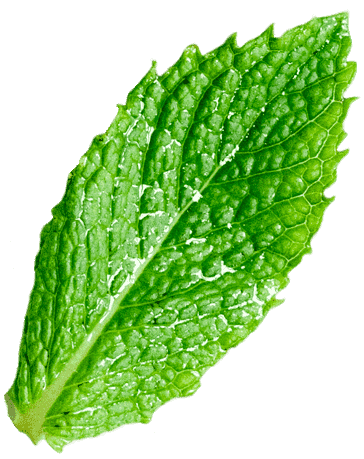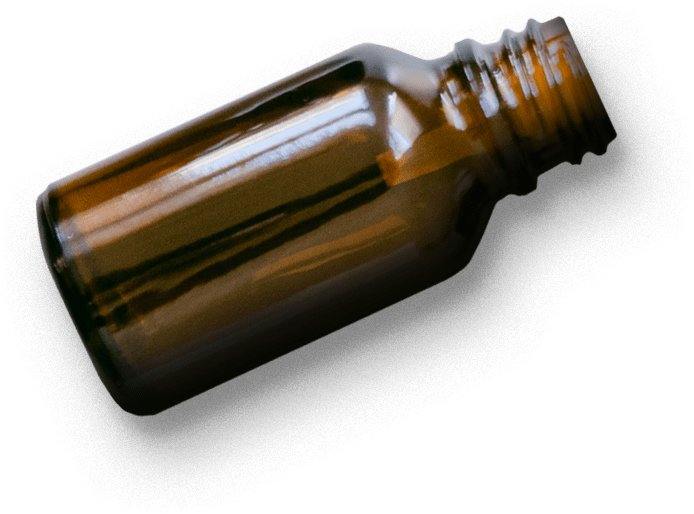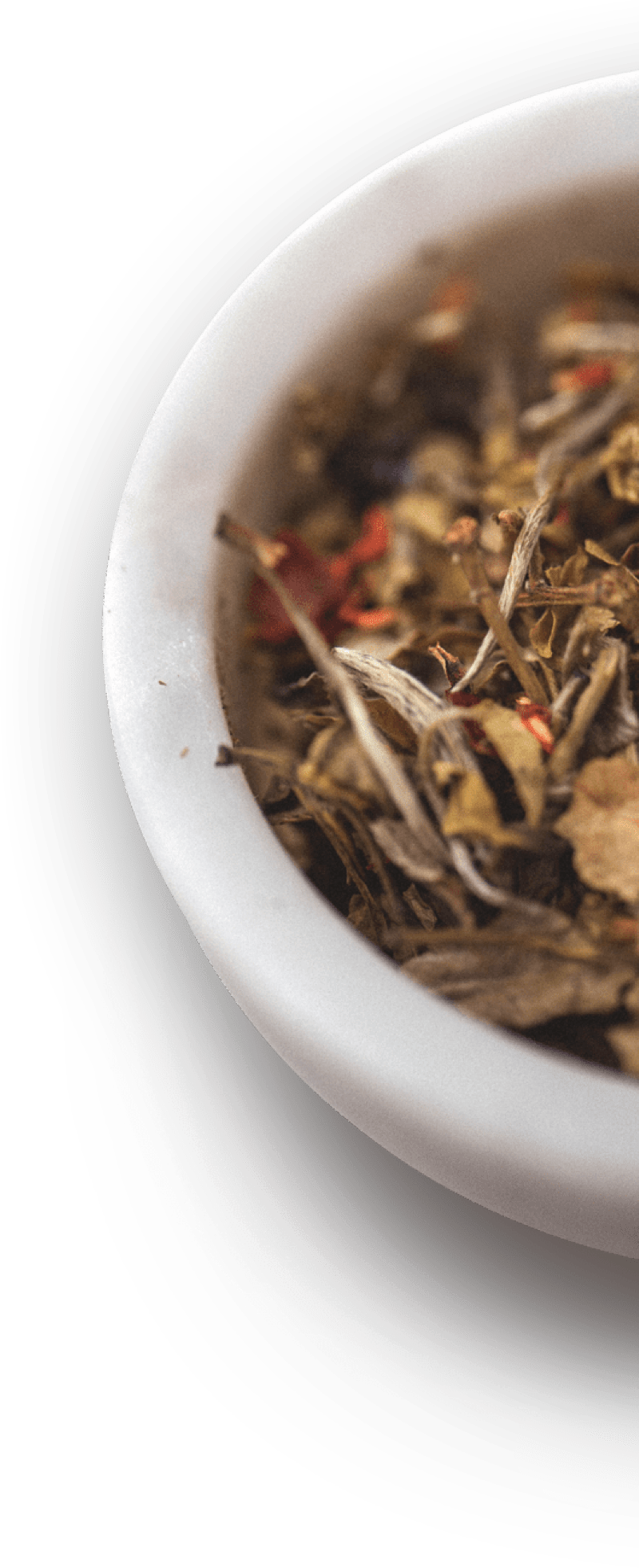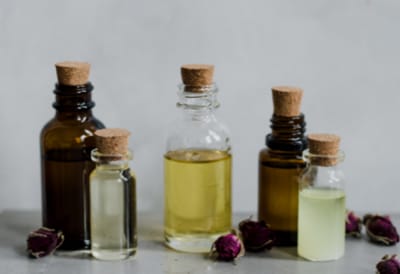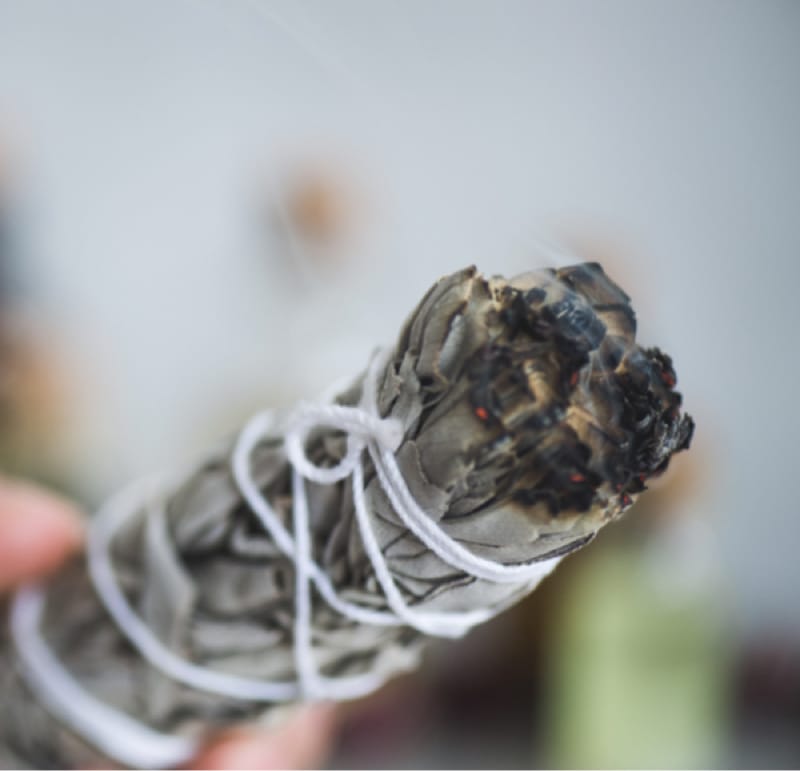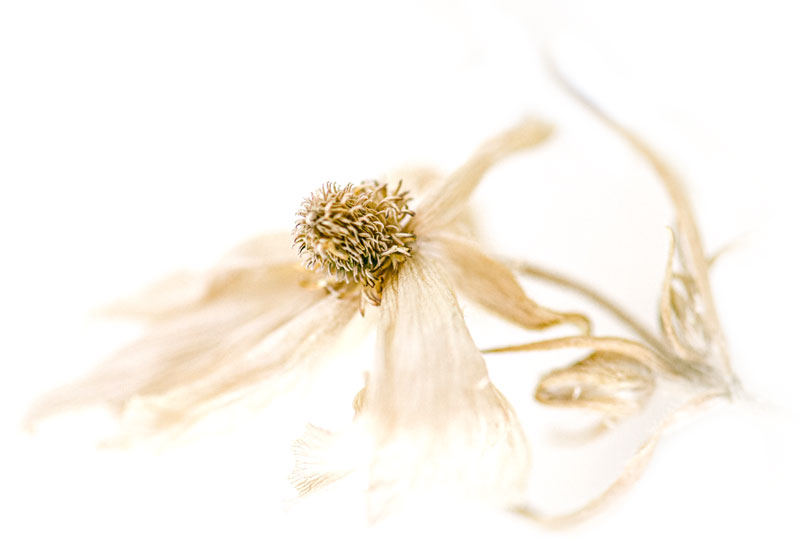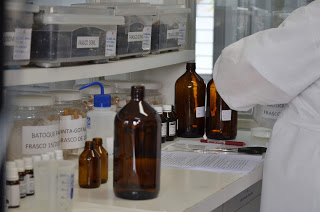
This plant known as aconite or napelo is used by its poison for centuries. Hunters emerge the tips of their arrows in their juice to hunt the wolves, whence comes one of their popular names “wolfsbane”, wolf poison. This fact was use in a success werewolf series TEEN WOLF.
Aconite grows in European mountains and the remedy is produced from the mother tincture extracted from extremely poisonous flowers. The most important active principles are alkaloids whose physiological action acts on inflammation, cardiac contraction
The homeopathic medicine produced from the aconite has worked on the immune system cells, both on mature cells and on undifferentiated cells, reducing oxidative stress, activating macrophages, stimulating the production of molecules that act on the other cells, triggering a defense information network. We can then consider that aconite allows us to defend against wolves and, highly diluted according to the homeopathic technique, helps us to defend against inflammations and infections.

